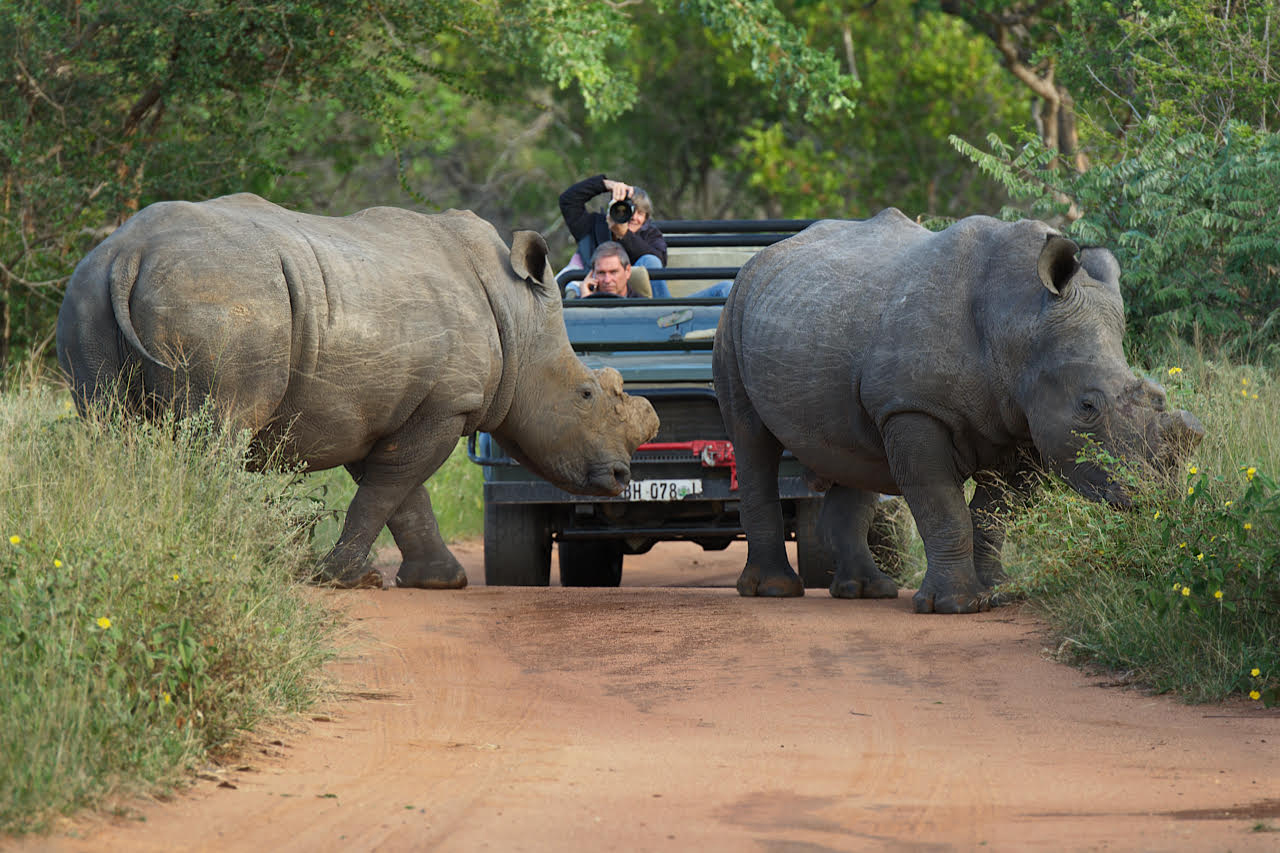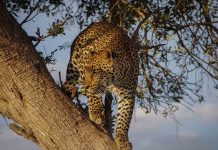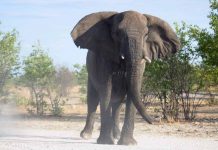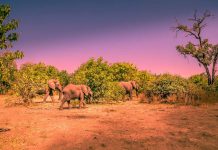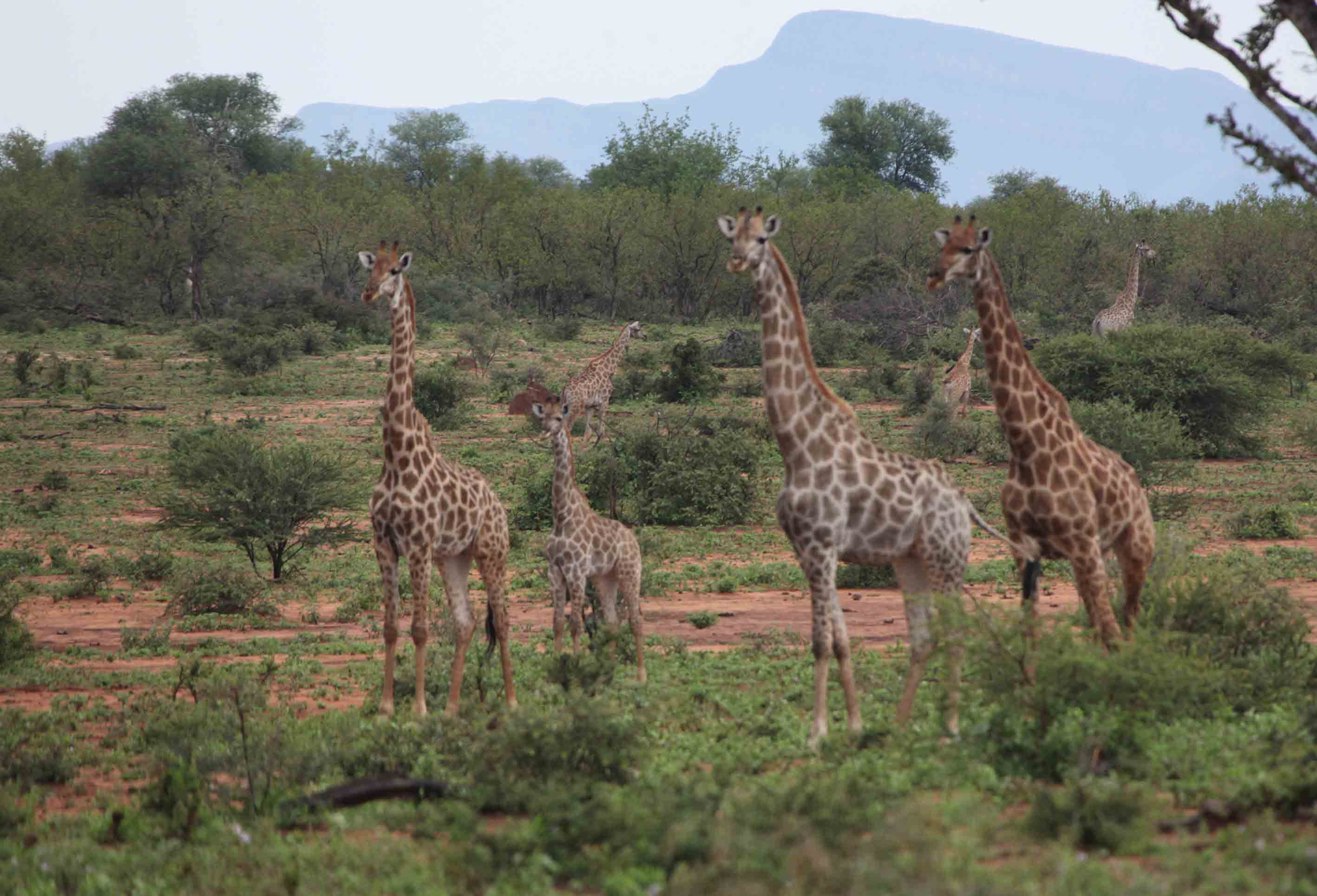
Caroline Hurry chats to Kevin Leo Smith about how to run a successful safari operation in Africa, potential snares to avoid and his own preferences when it comes to spending time in the bush with his family
Kevin Leo Smith has only ever done what he likes. Mostly that’s spending his life with wife Greer – (nee Stevens), Africa’s highest ranked woman tennis player ever – and sons Brent and Dylan. He’s a family man when he’s not co-launching successful safaris. Phinda Game Game Reserve & Beyond’s; KZN’s first private game lodge catering to upper middle-class South Africans, and Kwando Safaris (Botswana, Zambia) being just two examples.
The director of the Safari Investment Advisory, which he co-founded with Don Millar, and Steve Raney, provides industry-specific expertise and the full range of corporate advisory services, for companies throughout Africa. Safari, so good, but what makes a successful enterprise? Leo Smith recommends acing the following Five A’s:
-
Access:
Must be affordable, comfortable and easy to reach. If your land is remote, think self-sufficiency. You may have to generate electricity, supply your own water, and grow vegetables to thrive.
-
Animals:
Must include the iconic and general species expected of the area.
-
Attitude
It’s all about the staff. An ideal manager should be able to repair a game vehicle, soothe a charging elephant (or have a tale about it) and look good in shorts carrying a rifle. Cell-phones should be silent. Clients are not paying top dollar to hear a Dladla Mshunqisi ringtone while soaking up the raw power of the African bush.
-
Architecture:
This would include furniture, finishes, food, décor, and camp set-up.
-
Altruism:
Let it shine. Investing in your people at community level, and getting it right is a cornerstone of sustainable tourism.
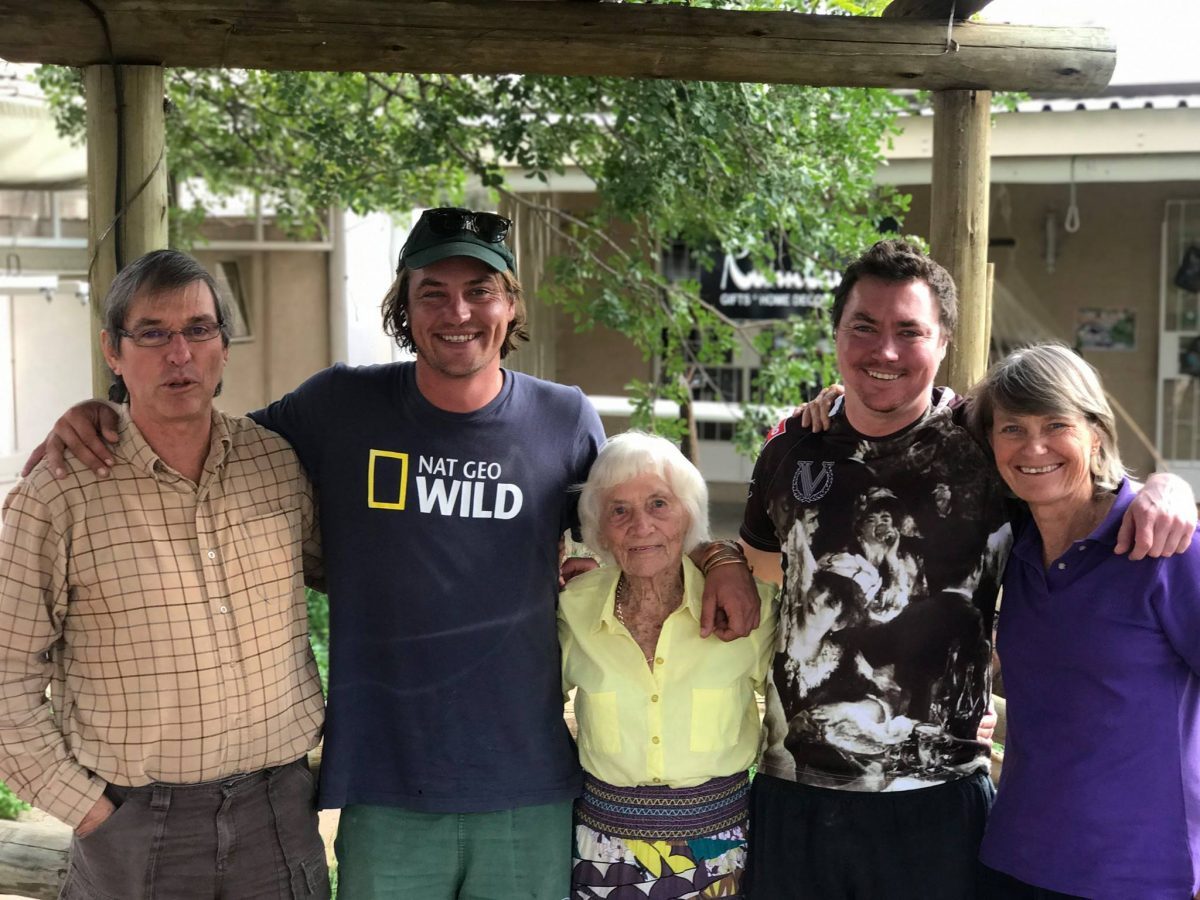
Potential Safari Snares
Running a safari, warns Leo Smith, takes expertise, experience, time, creativity, and deep pockets to succeed. “Often people believe they’ve bought an Eden, without finding out what else is out there. They fall for the old ‘build it and they will come’ logic; a big mistake.”
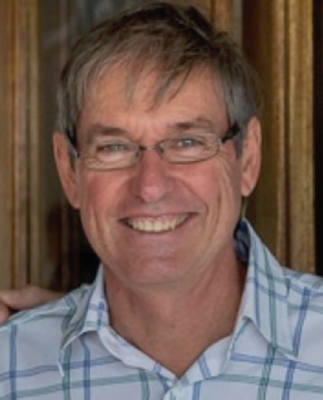
Jagged thorns ‒ from poaching to negative media attention, politics surrounding land security, and EWC threats ‒ line the dirt track to success. Drought in many parts and a struggling economy add to the dung pile as potential investors prance like skittish impala scenting predators. And, as bureaucracy proceeds with all the speed of a three-legged tortoise, political insecurity is also thinning the investment herd.
While Leo Smith points out that “the EFF and ANC versions of EWC are not even closely aligned” he advises against approaching local community representatives to make ‘land claim deals’. “Rather involve Land Affairs and the official Community Property Association, proceed through development approval, and comply with Environmental Impact Assessment conditions.”
Then there’s fractional ownership, where you buy a rotating cycle of weeks in a year and pay a steep levy for use of the lodge staff, food, and game drives. Says Leo Smith: “It’s an option, but not a license to print money.”
Now that welcome drinks, rolled towels, crisp linens, and beds under mosquito netting, are de rigeur, safari owners might want to avoid some potential safari snares:
-
Employing mediocre guides
A good guide is an integral part to the safari experiece.One of the best safari guides I can think of right now, lest you accuse KLS of nepotism, is his eldest son, Brent Leo Smith, who is winning world-wide acclaim as a private safari guide, wild-life presenter and photographer. His instagram feed is a treat. Here he is in action on YouTube!
-
Allowing children on game drives:
Don’t do it! And if you MUST, never put single people or couples on the same vehicle as parents with their offspring The worst game drive of my life was being subjected to the screams of a bored toddler that sent two elephants running for cover, then being told the lion section of a reserve was out of bounds, lest a big cat snatch the brat off the vehicle.
-
Combining game viewing and hunting:
The markets don’t mix. Choose one and stick to it, says Leo Smith
Minding the gap
When it comes to his own safari preferences Leo Smith way prefers ‘doing my own thing’ rather than opting for a full-service commercial lodge. “The trend is to promote sophistication with menus, but I don’t go to the bush to look at décor, indulge in spa treatments or eat gourmet meals.
“While I can appreciate fine food, it’s never been my raison d’etre. I don’t drink coffee, tea or alcohol either. I’ve just never liked the taste. Back in my army days, I bartered all my rationed beers and never made my own bed. It was a no-brainer for me.”
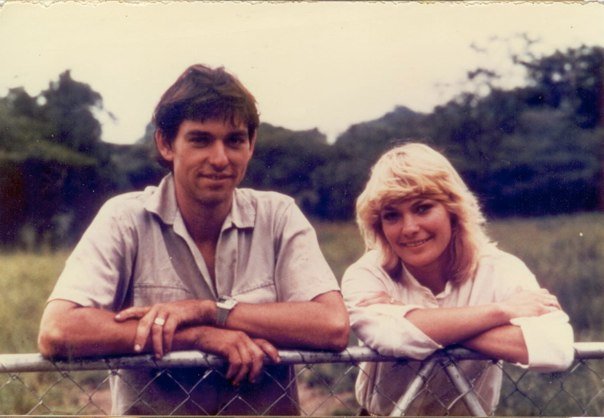
Come evenings, Leo Smith likes to drive into the bush with Greer and a ranger, staying out late into night where there’s no other vehicle in sight. “It’s when you’ll see the most kills.”
He’s invariably up again before sunrise, the best time to see pangolins, aardvarks, servals and other pre-dawn creatures. “I can read the roads like a book. I’ll track animals, find leopards, perhaps, tune into the birdlife.”
Like the big cats, Leo Smith enjoys a nap in the heat of the day, unless the rugby’s on.
He never misses a Sharks match. “I watch the rugby on my iPad. I’m big on social media. I use Linked In to hire people and Twitter is my primary source of news. I follow individual journalists and haven’t bought a newspaper in years.
“While I nap or watch rugby, Greer may play golf – she plays off a handicap of 5 – but I believe golf is for people with too much spare time.”
Right now, filling a significant gap by “supplying professional advice with industry specific expertise ‒ something lacking from the substantial African safari industry” ‒ is his focus.
- Read more here


